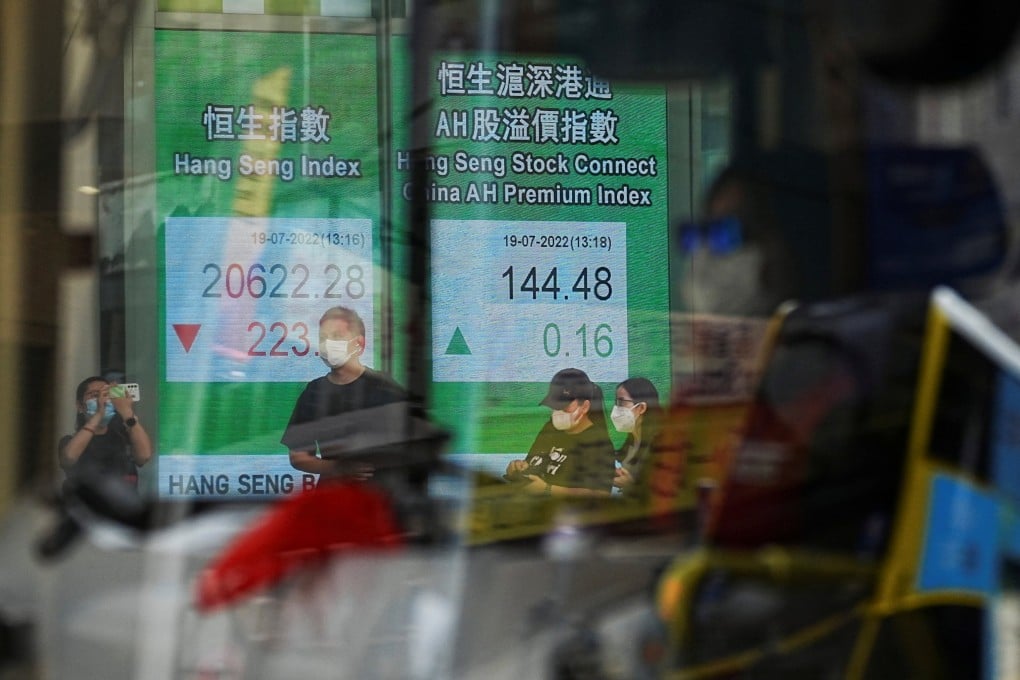Link Reit sinks as surprise US$2.4 billion cash call triggers a sell-off in Hong Kong property stocks amid debt concerns
- A Hang Seng gauge tracking 13 Hong Kong and mainland China developers slips by the most in two months, erasing US$5 billion of capitalisation
- Link Reit’s first-ever rights issue, priced at a steep discount to market price, will be fully underwritten by HSBC and other banks

The stock sank as much as 16.4 per cent to HK$52.50 in Hong Kong trading, erasing HK$19 billion (US$2.4 billion) from its market capitalisation. It closed 12.8 per cent lower on Monday at HK$54.75, the worst one-day setback since a 15.4 per cent plunge on October 10, 2008.

The HK$18.8 billion cash call, the company’s first since its listing in early 2005, will be fully underwritten, it said. HSBC, one of the lead underwriters with DBS Group of Singapore and JPMorgan Chase, slipped 0.4 per cent to HK$57.75. Citigroup and Goldman Sachs cut their stock recommendations.

The plan infected the city’s broader stock market. The Hang Seng Property Index, which tracks 13 developers in Hong Kong and mainland China, slumped 3 per cent, the most in two months. The index’s capitalisation shrank by HK$39.2 billion (US$5 billion), according to Bloomberg data.
